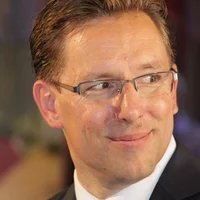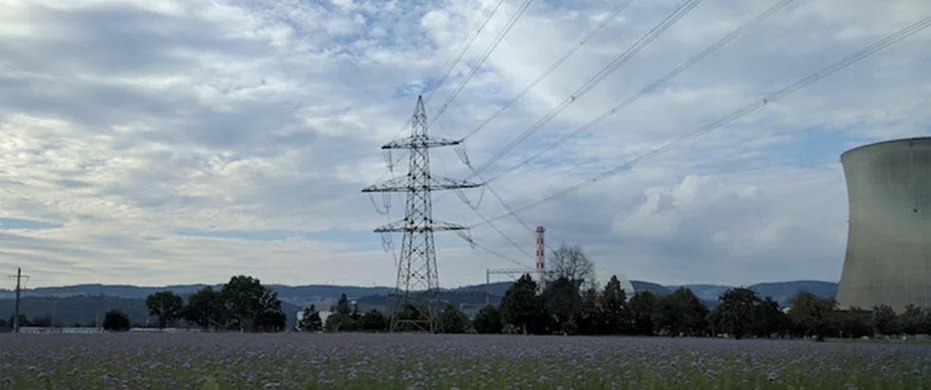FRS researchers present a classification model for sorting energy accidents in the natural gas sector into hazard classes, according to their potential fatalities.
Societies worldwide rely on energy to satisfy many of their needs. Nonetheless, maintaining a constant provision of energy is a technological and political challenge, since there are continuous man-made, technological, and natural disruptions that can affect its reliable and efficient supply. The impacts of energy accidents are of primary interest for risk and resilience analysts, decision makers, and the general public as these disruptions cause health, environmental, economic, and social impacts.
Future Resilient Systems (FRS) researcher Dr Marco Cinelli, principal investigators Dr Matteo Spada and Dr Peter Burgherr, and co-authors Miłosz Kadzinski and Grzegorz Miebs from Poznan University of Technology developed a classification model to mitigate the adverse outcomes of energy accidents. In the paper Advancing Hazard Assessment of Energy Accidents in the Natural Gas Sector with Rough Set Theory and Decision Rules in Energies, the researchers present a model for sorting energy accidents in the natural gas sector into hazard classes, according to their potential fatalities.
The model was the first attempt to explore the relationships between the descriptors of energy accidents and the consequence (fatalities). It was built on decision rules extracted by the rough sets method using natural gas accident data from 1970–2016 of the Energy-related Severe Accident Database (ENSAD) of the Paul Scherrer Institut (PSI). The model was applied to a set of hypothetical accidents to show how the decision-making process could be supported when there is an interest in knowing which class (i.e. low, medium, high) of fatalities an energy accident could cause. The successful use of this approach in the natural gas sector proves that it can be also adapted for other energy chains, such as oil and coal.
This research has demonstrated that decision support systems can make efficient and effective use of information of different typology and provide risk and resilience analysts with transparent and justifiable evaluations of the alternatives under consideration. In order to advance pragmatic policy-making support, this type of integrative research is more needed than ever and interdisciplinary teams will be a necessity rather than simply an advantage in the near future.
Dr Marco Cinelli, Dr Matteo Spada and Dr Peter Burgherr are from the Assessing and Measuring Energy Systems Resilience module at FRS.
Cinelli, M.; Spada, M.; Kadziński, M.; Miebs, G.; Burgherr, P. Advancing Hazard Assessment of Energy Accidents in the Natural Gas Sector with Rough Set Theory and Decision Rules. Energies 2019, 12, 4178.

